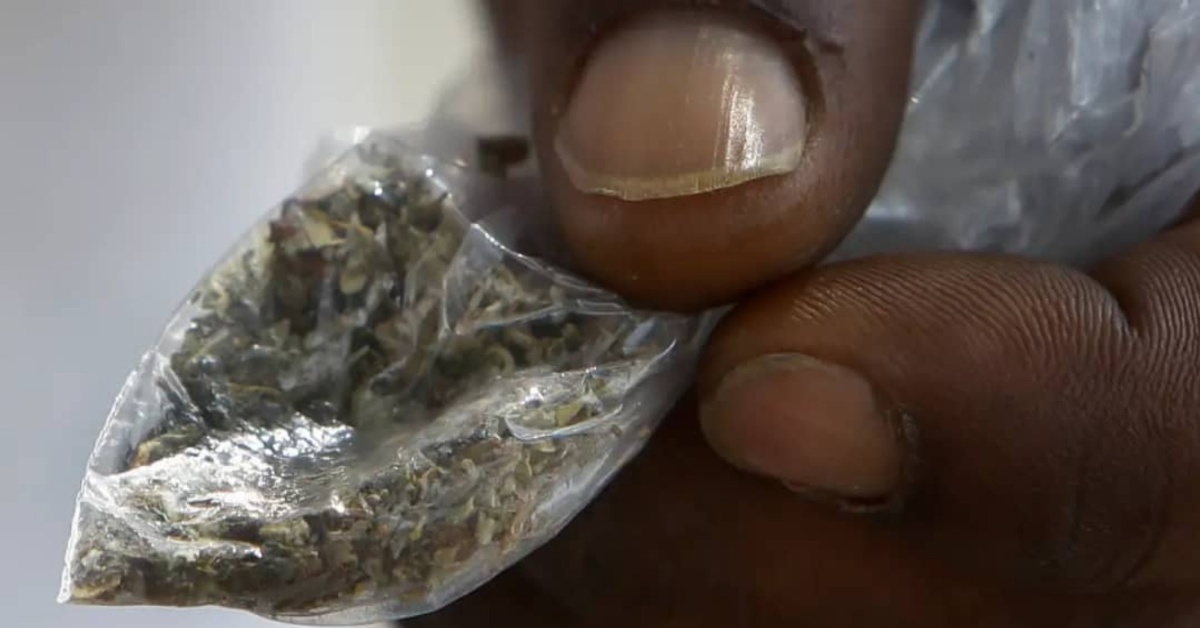Renowned surgeon Dr. Mohamed Kamara has uncovered the alarming effects of the potent substance known as “kush” on anesthesia dosage and overall health
He disclosed that individuals under the influence of kush necessitate significantly increased doses of anesthetic during surgical procedures.
The surgeon accentuated that patients who have consumed kush, a potent and dangerous substance, require double the standard dosage of anesthetic due to the drug’s impact on their physiology. He underlined that established anesthetic drugs, usually administered at 50mg for medical purposes, struggle to take effect on individuals who have depleted kush.
He said, “The same surgical drugs we employ in our procedures are consumed by those who take kush, albeit in chemically assembled forms.”
He exaggerated that compounds found in surgical drugs, acquired from the mortuary, are incorporated and ingested by kush users. This intertwining of substances urges supplementary anesthetic drugs to successfully carry out surgical operations.
The Surgeon cited instances of his surgical procedures, highlighting that while a standard patient may require 50mg of tramadol, a commonly used anesthetic, kush consumers who have exceeded this dosage threshold necessitate increased medication to maintain equilibrium.
The surgeon’s insights underscore the gravity of kush-related health concerns. Operations such as hernia repairs, appendix removals, and typhoid perforation treatments, among others, become more intricate due to the drug’s effects on the body.
He stressed that young people are illustrating at the hospital with alarming kush-related symptoms, including wounds and swollen extremities. He noted that these effects, typically uncommon in the young population, are often associated with diabetes and artery diseases. The rising influx of such cases has contributed to a surge in violence attributed to kush consumption in the Eastern Region of Freetown.
The surgeon reiterated a recent case involving a final-year student from the University of Sierra Leone who displayed kush-related symptoms. Although the student was not severely addicted, his treatment still posed challenges due to the substance’s influence.
Kamara narrated a harrowing incident where three young men, believed to have consumed kush for the first time, were brought to the Rokupa hospital. Sadly, the clinical team determined that these individuals had succumbed to the substance and were pronounced dead. However, an astonishing turn of events occurred when one of the supposed deceased suddenly regained consciousness shortly after being placed in the hospital mortuary. Kamara attributed this astonishing recovery to the influence of the high temperature within the mortuary’s air conditioning system, affecting the body’s physiological responses.
The surgeon concluded by stressing the urgent need for stringent border control and reinforced legislation to combat kush-related challenges. He advocated for strict measures, including substantial imprisonment penalties for those involved in the sale and distribution of this perilous substance.
The revelations from Dr. Mohamed Kamara shed light on the profound impact of kush on individuals’ health and the healthcare system, urging a concerted effort to curb its devastating effects on Sierra Leone’s present and future generations.











